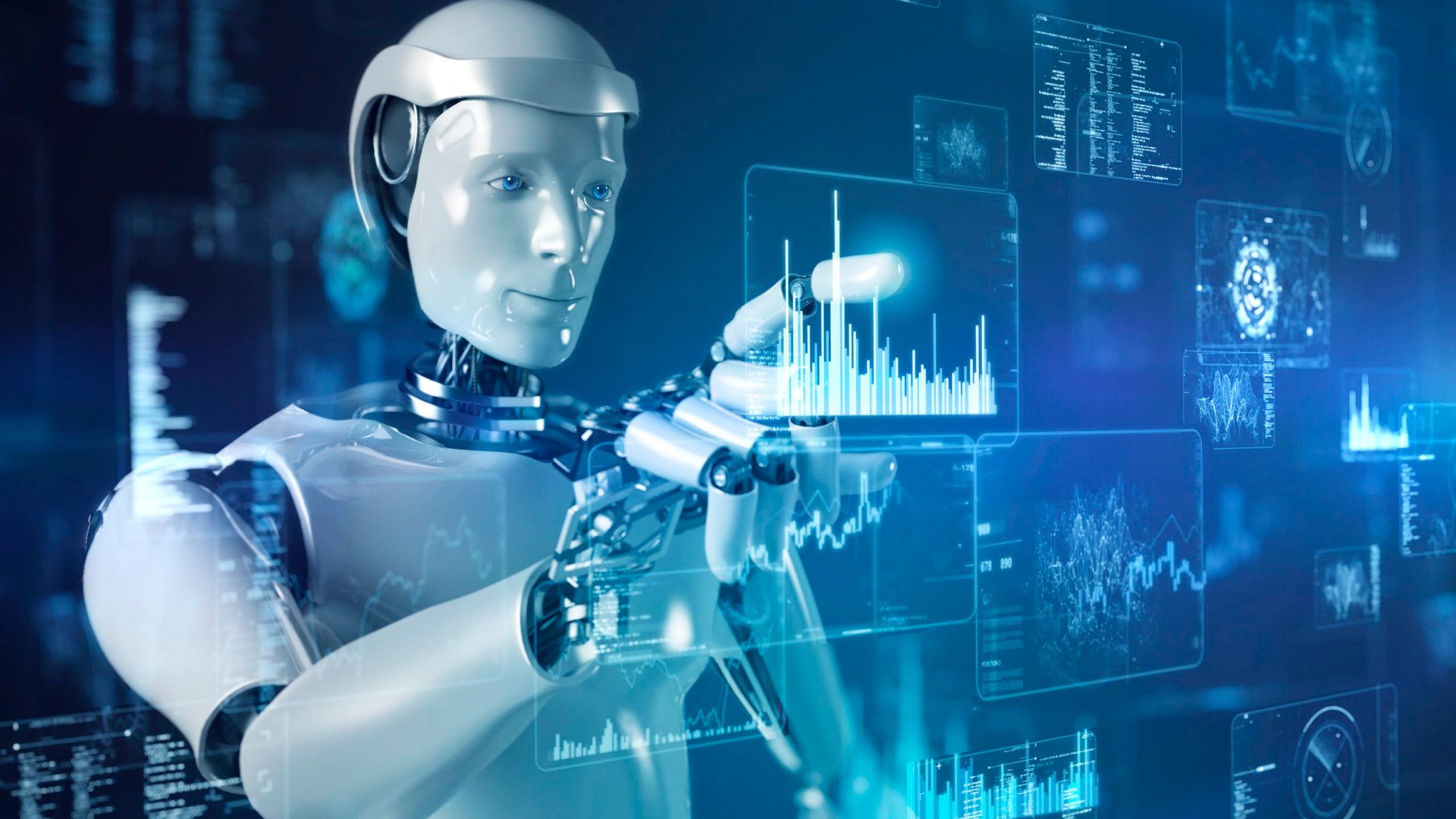Science
Twelve Jobs AI Cannot Replace: A Look at Human-Centric Roles

Artificial intelligence (AI) is increasingly permeating daily life, with applications ranging from chatbots offering therapy to smart home devices like Amazon’s Alexa. Despite these advancements, certain professions remain beyond the reach of AI. According to a report by LiveCareer UK, there are twelve jobs where human involvement is essential, underscoring the irreplaceable qualities that humans bring to the workforce.
Healthcare Professionals: Empathy and Expertise
In the realm of healthcare, the need for human touch is paramount. Professions such as doctors and nurses rely on a combination of physical skills and emotional intelligence. Compassion, medical knowledge, and the ability to navigate unpredictable situations are crucial for effective patient care. AI may assist with diagnostics, but when it comes to complex medical decisions, human judgement remains indispensable.
Creative Professionals: The Power of Imagination
Creative fields thrive on originality and cultural nuances—qualities that AI struggles to replicate. Human creativity fuels innovation, storytelling, and artistic expression. Studies indicate that while AI can generate art or text, it lacks the depth of human imagination. As a result, roles in advertising, design, and the arts are expected to flourish despite technological advancements.
Skilled trades also require a unique blend of problem-solving and hands-on skills. Electricians, plumbers, and carpenters must make on-site decisions based on real-world conditions. The dexterity and situational judgement that skilled tradespeople possess cannot be effectively replaced by AI.
Educators and Trainers: Beyond Knowledge Transfer
Teachers play a vital role in shaping future generations, offering more than just information. They inspire, mentor, and nurture students, providing emotional support and fostering a sense of community. While AI can provide data and answers, it lacks the personal connection that educators cultivate, ensuring that teaching remains a fundamentally human endeavour.
Upper-level strategists and analysts are also essential to organizations, requiring nuanced decision-making in uncertain environments. Their roles demand contextual understanding and judgement—qualities that AI cannot replicate. Leadership in strategic planning relies heavily on human insight and experience.
Research scientists and engineers drive innovation through curiosity and critical thinking. While AI can assist in data analysis, it lacks the innate human trait of curiosity that often leads to groundbreaking discoveries. The initiation of complex experiments and research projects remains a distinctly human task.
Customer service representatives must navigate a wide range of unpredictable scenarios, utilizing strong problem-solving skills and emotional intelligence. AI chatbots may handle basic inquiries, but they cannot provide the authentic empathy and listening skills that human agents offer. This human touch is crucial for effective customer interactions.
Legal Professionals: Ethics and Fairness
In the legal field, judges and attorneys must weigh ethical considerations alongside legal statutes. The application of justice is inherently human, requiring analytical thinking and advocacy that AI cannot achieve. Legal professionals’ ability to navigate complex emotional and ethical dilemmas ensures that this field remains human-centric.
Leadership and management roles also require vision and decision-making skills that are fundamentally human. In dynamic environments, the capacity to take risks and lead teams effectively cannot be fulfilled by AI alone. Human leaders bring vision and accountability to organizations, traits that are irreplaceable.
Social workers and mental health professionals are tasked with supporting vulnerable individuals through empathy and trust. They require strong interpersonal skills to connect with clients on an emotional level. While AI can provide advice, it lacks the ability to cultivate the deep, human connections necessary for effective support.
Environmental and sustainability experts face significant challenges in addressing climate issues. These roles demand ethical oversight and holistic analysis—areas where AI cannot operate independently. Human accountability is essential for tackling complex environmental challenges.
Finally, the hospitality sector relies on genuine warmth and personal interaction. Workers in this field create unique experiences that AI simply cannot replicate. The interpersonal skills and emotional intelligence of hospitality staff ensure that this industry remains grounded in human service.
In summary, while AI continues to evolve and integrate into various aspects of life, certain professions are expected to remain firmly in human hands. The qualities of empathy, creativity, and critical thinking are irreplaceable, ensuring that these twelve jobs will endure in the face of technological advancements.
-

 Entertainment1 month ago
Entertainment1 month agoAimee Osbourne Joins Family for Emotional Tribute to Ozzy
-

 Top Stories11 hours ago
Top Stories11 hours agoHeimir Hallgrimsson Faces Uncertain Future After Armenia Loss
-

 Politics1 month ago
Politics1 month agoDanny Healy-Rae Considers Complaint After Altercation with Garda
-

 Top Stories4 weeks ago
Top Stories4 weeks agoIreland Enjoys Summer Heat as Hurricane Erin Approaches Atlantic
-

 World2 months ago
World2 months agoHawaii Commemorates 80 Years Since Hiroshima Bombing with Ceremony
-

 Top Stories2 months ago
Top Stories2 months agoFianna Fáil TDs Urgently Consider Maire Geoghegan-Quinn for Presidency
-

 World2 months ago
World2 months agoGaza Aid Distribution Tragedy: 20 Killed Amid Ongoing Violence
-

 World2 months ago
World2 months agoCouple Convicted of Murdering Two-Year-Old Grandson in Wales
-

 World2 months ago
World2 months agoAristocrat Constance Marten and Partner Convicted of Infant Murder
-

 Top Stories2 months ago
Top Stories2 months agoClashes Erupt Between Far-Right Groups and Migrants in Spain
-

 Top Stories2 months ago
Top Stories2 months agoHistoric Dalkey Pub The Queens Reopens Under New Management
-

 World2 months ago
World2 months agoTrump Defends FBI Deputy Director Amid Epstein Files Controversy









